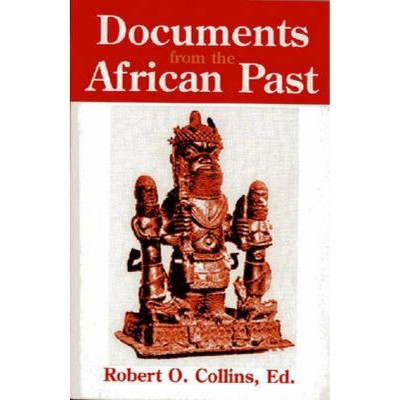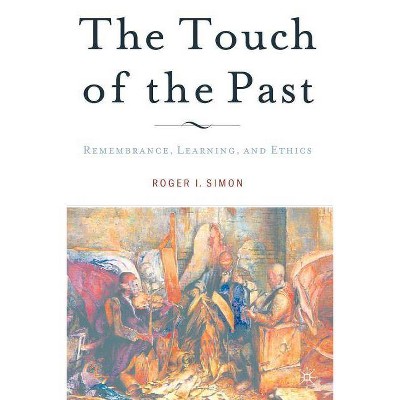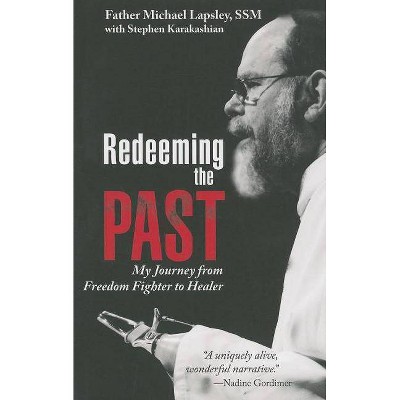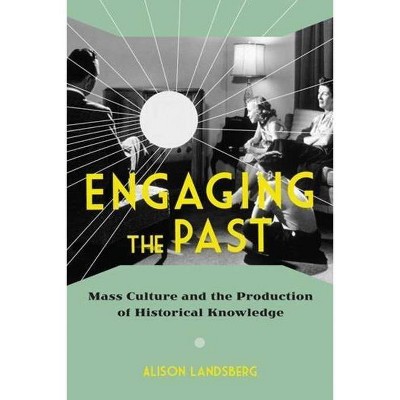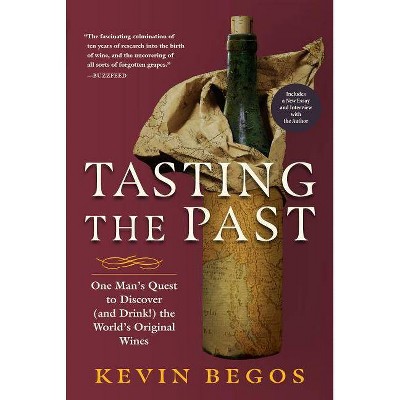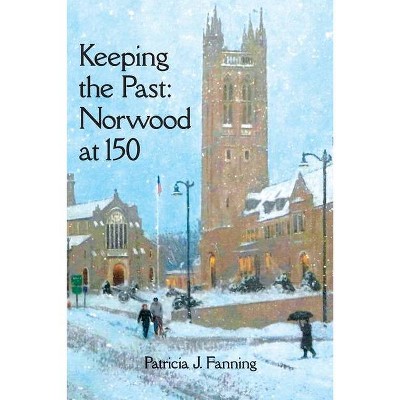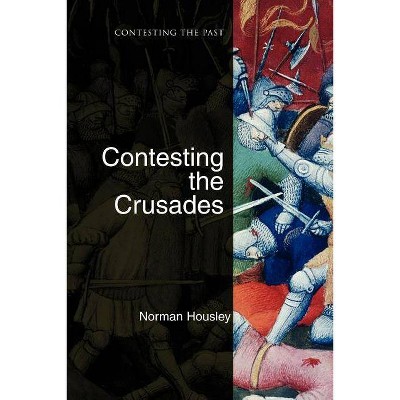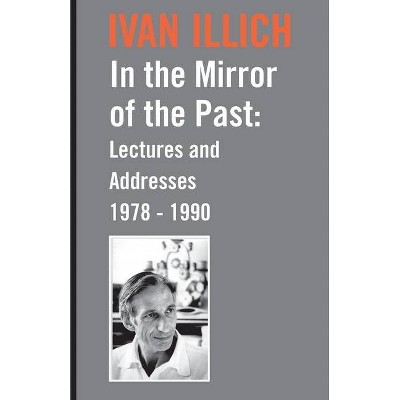The Pattern of the Chinese Past - by Mark Elvin (Paperback)
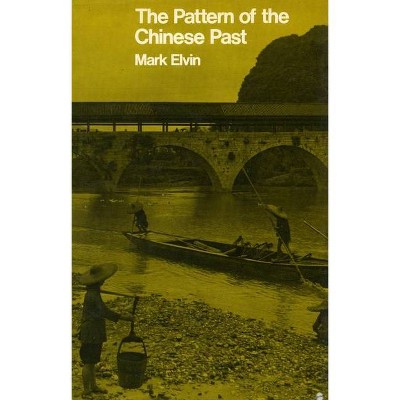
Similar Products
Products of same category from the store
AllProduct info
<p/><br></br><p><b> Book Synopsis </b></p></br></br><p>A satisfactory comprehensive history of the social and economic development of pre-modern China, the largest country in the world in terms of population, and with a documentary record covering three millennia, is still far from possible. The present work is only an attempt to disengage the major themes that seem to be of relevance to our understanding of China today. In particular, this volume studies three questions. Why did the Chinese Empire stay together when the Roman Empire, and every other empire of antiquity of the middle ages, ultimately collapsed? What were the causes of the medieval revolution which made the Chinese economy after about 1100 the most advanced in the world? And why did China after about 1350 fail to maintain her earlier pace of technological advance while still, in many respects, advancing economically? The three sections of the book deal with these problems in turn but the division of a subject matter is to some extent only one of convenience. These topics are so interrelated that, in the last analysis, none of them can be considered in isolation from the others.</p><p/><br></br><p><b> Review Quotes </b></p></br></br><br>"A book which is without doubt the most lucid and stimulating introduction to the problems of the economic and social history of traditional China at present available. . . . There is so much that is new and stimulating in this book, and it is written with such a nice balance between argument and vivid quotation from primary sources. . . . A superb introduction to the distinctive patterns of Chinese history over the span of two millennia."<br> --E. Wilkinson<br>, The Economist<br><br><br>"Every now and then a book appears which by its evidence and boldness of argument redirects our thinking, making us re-examine old problems in unprecedented ways. Such were Marc Bloch's <i>Les caracteres originaux de l'histoire rurale francaise</i> and E.H. Norman's <i>Japan's Emergence as a Modern State</i>. I predict <i>The Pattern of the Chinese Past</i> will achieve similar fame in Chinese historical studies. It is a brilliant achievement. . . . Elvin's book will stand out as a landmark in Chinese social and economic studies."<br> --Ramon H. Myers<br>, The Journal of Asian Studies<br><br><br>"The work will attract attention both for its obvious merits--readability, attention to large and important problems, frequent brilliant historical insights--and because the author's interpretations at times 'depart considerably from the received consensus.'"<br> --Albert Feuerwerker<br>, The China Quarterly<br><br>
Price History
Price Archive shows prices from various stores, lets you see history and find the cheapest. There is no actual sale on the website. For all support, inquiry and suggestion messagescommunication@pricearchive.us
